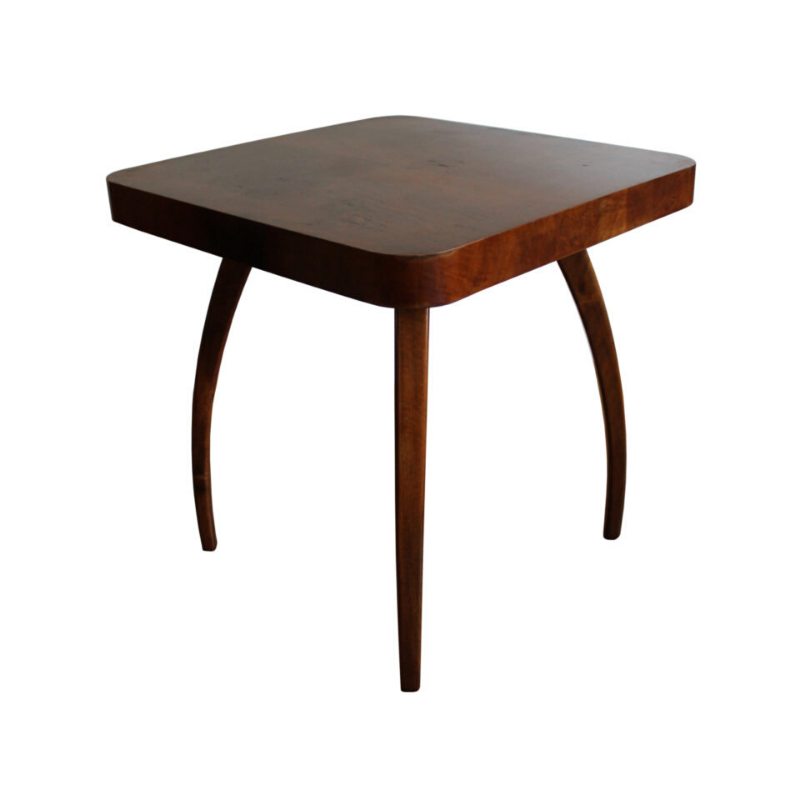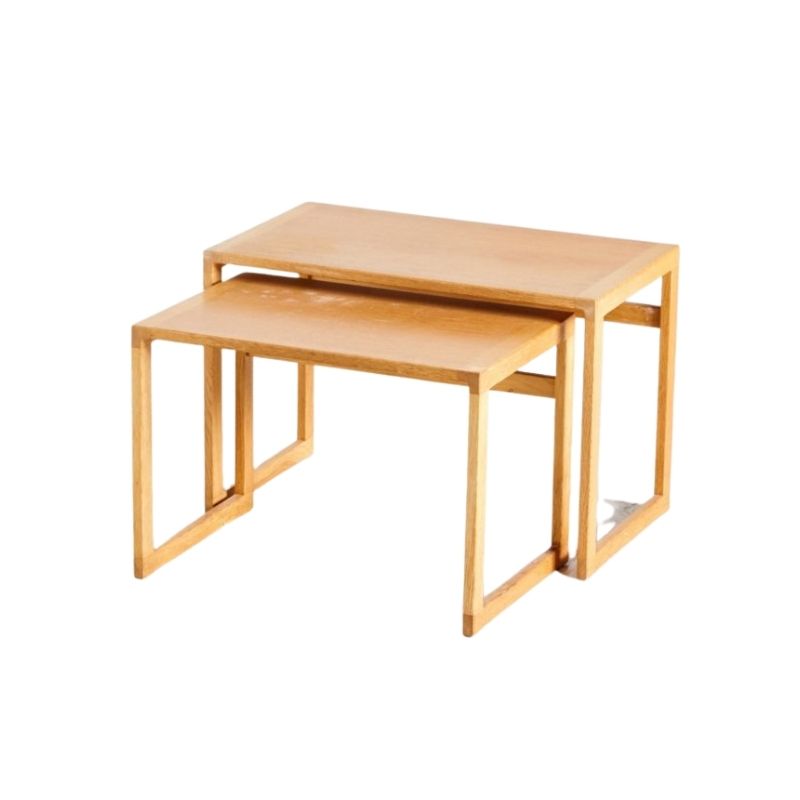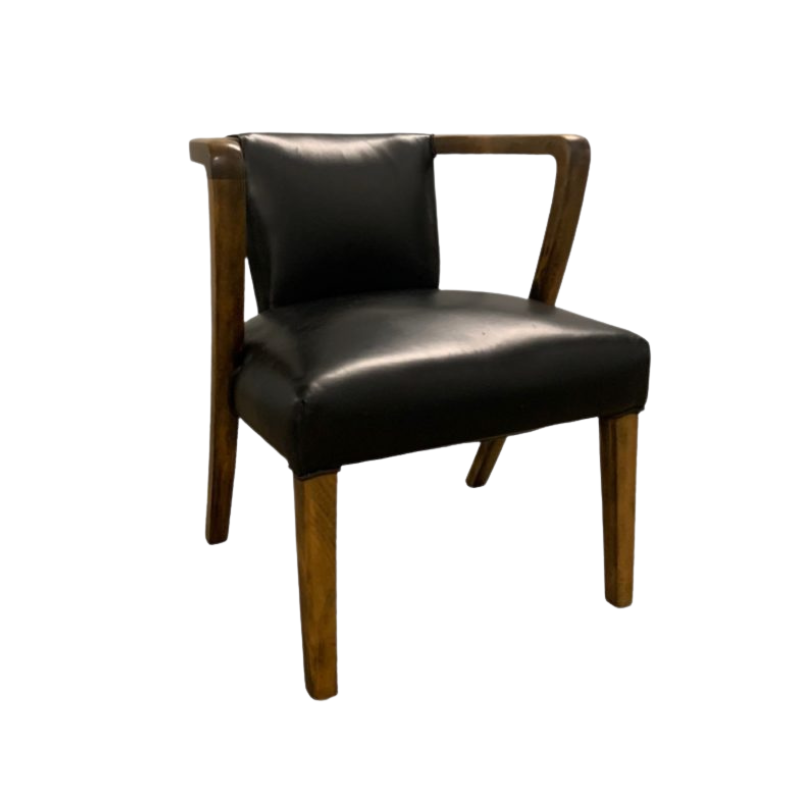The reason for this post is that I am yet to find a comprehensive answer to the "Is it possible to import..?" question that pops up in various threads every now and then.
I hope this thread can be a place to share information and experiences related to private importing.
My focus is on importing from the U.S. to Europe, but information on other import routes would be welcome too.
First, I think it is easy to dismiss private importing thinking that VAT, customs, shipping and handling fees will eat up any savings in price. This is often true, but there are also times when a lot of money can be saved. I have the figures here to prove it. Also, it is sometimes the only way to get hold of goods that are not available in one's home market. This may be the greatest benefit.
However, having goods shipped from the U.S. is often a problem as many sellers do not ship to foreign countries. This may be a store policy, or apply to certain items due to contractual obligations with the manufacturer (such as Herman Miller). Also, stores that do ship abroad and overseas will often do so at a prohibitively high cost.
Enter the freight forwarder.
When you register with a freight forwarder that specialises in forwarding parcels and mail from the U.S. you receive a personalised U.S. address. This effectively solves the problem with U.S. only shipments. The physical location of the address is the forwarder's warehouse. From there, the forwarding company takes over and does what its name suggests, namely forward the packages to the final destination of your choice. Here, major forwarders tend to offer lower shipping rates than most stores. Service levels, carriers, shipping rates, subscription fees, and other factors will of course vary greatly between different companies. As always, it is essential to research the available alternatives, pick the one that best suits your needs and only use reputable businesses.
OK? Then it is time for a...
Notes on private importing, pt 2
CASE STUDY
I am in Sweden. Earlier this year, I decided to purchase the Eames LCW in walnut from Vitra.
To my great dismay, I found out that Vitra does not make it in walnut. I also discovered that this selectivity applies to other classics manufactured by Herman Miller, including the Eames tables (where only a few veneers, shapes and sizes are offered by Vitra), and the EDU/ESU:s (where only a select few models are available and none in the natural colour scheme). If there is a reason for this exclusion, I do not see it. My local store also informed me that they were not able to sell the Herman Miller chair due to their agreement with Vitra. My arguing that surely this agreement does not cover models and variants not manufactured by Vitra was futile. And none of the reputable U.S. based stores that carry Herman Miller would ship to Europe.
Then I discovered freight forwarders, and it seemed as if a solution was in sight. After a few hours of research I decided to give it a try.
The company I chose is based in Norway and forwards to Scandinavia only. There is no subscription fee and they offer a choice between air and sea freight, which was essential to me. Sea freight is a much more economical option even for moderately bulky items, as long as one can wait for an additional 4-5 weeks.
The entire process was extremely simple. I set up an account and instantly received my U.S. postal address. There was no problem using this at the store. After the order was placed, I booked the sea freight with the forwarder and uploaded a copy of the invoice for customs clearance. And that was it. The chair was ordered on April 13 and arrived on May 29 in excellent condition.
The final cost breakdown could perhaps be of some interest (all figures in USD at an exchange rate of 1 USD = 6.1 SEK).
LCW ash by Vitra, price in Sweden: 1,770
---------------------------------------------------
TOTAL COST WHEN PURCHASED IN SWEDEN 1,770
LCW walnut by Herman Miller, price in USA: 649
Insurance (1.5% of value): 10
Customs (0% tariff for wooden furniture): 0
VAT (25%): 158
Shipping and forwarding fee: 142
Domestic shipping in Sweden: 24
---------------------------------------------------
TOTAL COST WHEN IMPORTED FROM THE U.S. 983
---------------------------------------------------
SAVINGS 787
So, buying the chair in Sweden would be 80% more expensive than importing it from the U.S. If it could be bought in Sweden, that is.
Notes on private importing, pt 3
So, the first two parts of this post was all about the benefits. There are some drawbacks too:
* Additional administrative steps required (setting up an account, tracking shipments and supplying information)
* Additional logistics steps involved (meaning a theoretically higher risk of something going wrong during shipping and handling)
* Some stores may not offer the option to enter separate billing and shipping addresses or require a U.S. issued credit card (some forwarders offer a service that solves this problem).
* Some stores may not give the option to enter a foreign billing address. This can usually be solved by emailing the store.
The benefits far outweigh the drawbacks IMHO. I have now used this service twice and expect to be using it again in the future.
Please share your experiences.
A comparison of forwarding...
A comparison of forwarding companies:
http://shipping-guru.tumblr.com/
Thank you.
WoofWoof, yes ...
Thank you.
WoofWoof, yes I think some people are doing just that. I see Herman Miller furniture described as new, sometimes even in the box, turning up at Sweden's largest online auction site with what seems like increasing frequency.
I don't know what the authorities have to say about it. Customs clearance is probably not an issue. In my case the forwarder also acts a customs broker. They declare the goods, pay all the taxes and fees and then just include it as an item on the invoice. Perhaps if customs were to keep individual records and report back to the tax authorities there could be problems, or at least questions asked. I don't know what rules and regulations apply in such a case.
I have thought about doing such a business on the the side myself, so I should investigate this further.
Beating the system
As I see it the main question is whether you can avoid the tax altogether. Is there a way for European individual buyers, who just want to purchase used single items by Knoll or Herman Miller, to avoid the customs tax? I'm now rather referring to furniture found on Ebay, Craigslist and so on, not new items.
What experience do you have from importing furniture from the US to Europe? Do they check all parcels or is it possible to ask the seller to mark down the price on the package or mark it as a gift in spite of size or content.
The dollar-euro ratio does make it interesting to bring stuff overseas but with the freight and taxes you just break even. Any ideas?
Hej Gustaf!
From what I can see you did everything according to the rules, no tax-evasion, no hanky-panky, just using the fact that Vitra sells about $1000 higher than Herman Miller?
I am sure that the forwarder does the job that every forwarder does and declares everything. The fees they are charging do not leave much room for complicated tax-evasion etc.
The system is not new, in fact to give a example close to your home. When I worked at Volvo AB in Torslanda in the early seventies the building next to the car design and engineering building was a sales office for oversees clients. Most often Americans that were visiting the country of origin of their ancestors, complete with Wilhelm Moberg?s trilogy in hand. Volvo did not only offer them Swedish prices, part of the service was to take the car back after the holidays, they tuned it and send it with regular car shipments to the States where the client could pick it up. The system was refined to the point that the car entered the U.S. as a used car for a substantially lower price. Local import taxes were substantially reduced. The difference between the price of the new one and the used one was of course paid by the client but was tax free because by the Swedish authorities it was considered an export?.
One day the powers in place will catch up and close the loop hole, in the meantime good luck! Or Lycka till!
Hej koen!
Thanks for sharing your story. I had heard about the Volvo factory delivery, but was not familiar with the details (I drive a German car 🙂 If I am not mistaken it is still in place, and only open to foreign customers.
I didn't know you had a background at Volvo. In Sweden! Was that in design? It would be interesting to hear more about that sometime. Actually, from what I have read browsing the DA archives there should be a sticky thread on your background 🙂 I am sure it would be appreciated by the forum members.
Volvo is not the company it was back then though, as I am sure you know.
Yes, I prefer to play by the rules and am against tax evasion. And I certainly did not start this thread to promote shady dealings. Finding the loop holes I do not mind though. Sweden already has a tax burden that is higher than any other country in the world, yet we do not see the benefits of that as it can be argued that we once did. Have a look (not from the most objective source but the facts seem correct):
"During the period 1870 to 1970 Sweden - next to Japan - benefit by the most rapid welfare increase in the world. Meanwhile the fiscal pressure was not notably higher than in other countries. However, since 1970 Sweden have increased taxes considerable -from 40% of GDP in 1970 to 53% in 1998 - and is today the only OECD-country with a total tax pressure including social security contributions above 50%."
But private importing doesn't even qualify as exploiting a loop hole, unless the goods is imported with the sole purpose of selling it. If anyone could shed more light on that, it would be most welcome.
Edit: Source of above quote:
http://www.worldtaxpayers.org/argument.htm
If you need any help, please contact us at – info@designaddict.com









